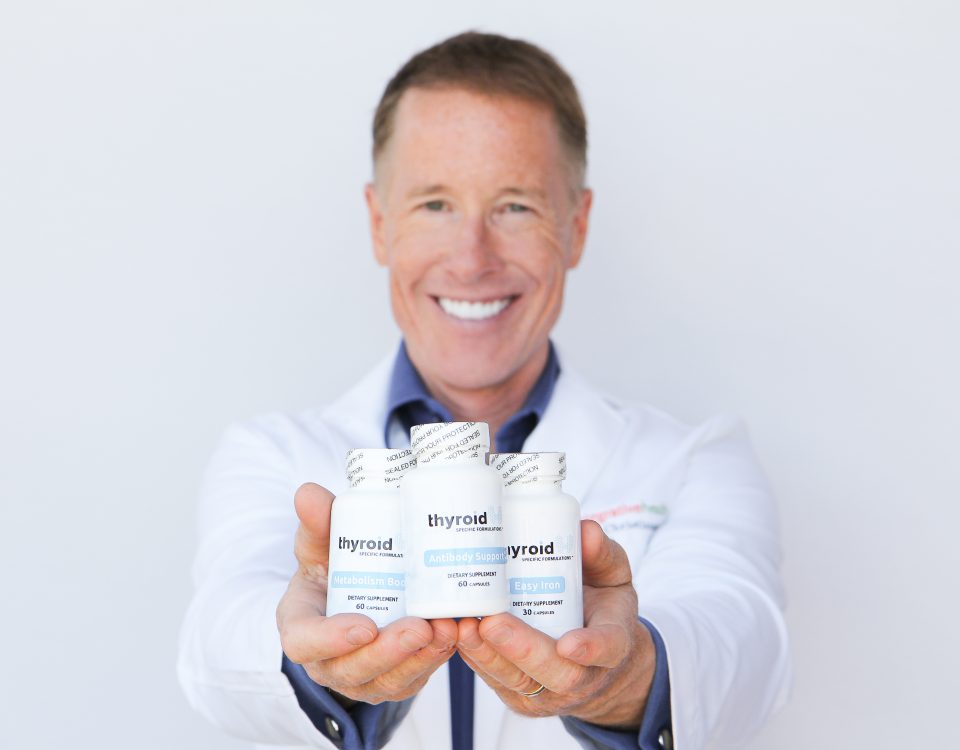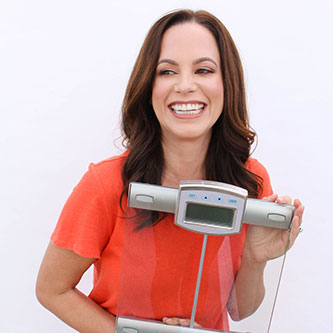I want to talk about a super important nutrient that you do not hear talked about anywhere near enough. Good old H2O. Super important stuff and I love it. Did you know that if you were a little bit dehydrated you might not feel thirsty? Along with that, you could be constipated, you could have heartburn. More allergies. An easier time getting respiratory infections. More back pain. Muscle cramps and muscle fatigue. Also poor cognitive function. All from just not enough water. Simple thing. Now a whole lot of concepts are wrapped around water.
- Have any questions?
- 480-767-9018
- support@in-goodhealth.com

Minty Chicken-Zuchinni Kebobs
February 18, 2023
Skipping Breakfast to Lose Weight
February 24, 2023
Minty Chicken-Zuchinni Kebobs
February 18, 2023
Skipping Breakfast to Lose Weight
February 24, 2023Home > Health Tips > All About Water
All About Water
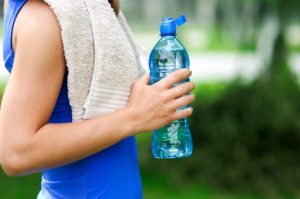

We think about water being alkalized. Should it be magnetized? Does it need to have certain frequencies? Does it need to have minerals? Should it not have minerals. I will clarify a bunch of those for you. I will also talk about how much you need. Some strategies for when you’re being active during those special times your body is moving more.
For starters what about alkaline water? Well having a background in science to tell someone that they have alkaline water is kind of like saying you have got a square circle. So alkaline and acid are terms we use water to define and water is defined as being neutral. It is neither acidic nor alkaline.
So things that are acidic have got more hydrogen ions. Things that are alkaline have more hydroxide OH. Now water is H2O. So you got an H and a OH in equal quantities. No matter how you slice it or dice it, it will never be acidic and it will never be alkaline. Unless you pulled something out or added something in. Our bodies are pretty tightly regulated to run off of water and to use it. We would not do well-consuming things that were highly acidic or high alkaline on a regular basis at all. It would hurt our esophagus either way.
We hear about magnetic water. Magnetic is a very define term. There are certain types of metals that can magnify or react to certain magnetic fields. You can experiment to see if water can become magnetic the same way you can with metals. Take a good magnet and take something like a screwdriver. You can stroke a magnet against a screwdriver a couple of dozen times. Then take that screwdriver and hold it against a small screw. It will pick it up. If you are a handy person this is actually a useful tip as you can hold the screw in place so you do not drop it. So yeah you can magnetize different metals. Try magnetizing water.
Glass is not magnetically reactive. That is pretty clear. Take the same magnet that you used to magnetize the screwdriver with and try holding it against a glass of water. So it will not hold. You can also try to magnetize water by moving the magnet against the water the same way you did with the screwdriver. Try again to hold the magnet against the glass. See what happens. I will bet the farm it will not hold. Water does not contain iron or other active minerals that engage in magnetic currents or magnetic fields. It cannot be magnetized, de-magnetized or re-magnetized. It does not work that way.
We also hear about how water can pull things out of your body. Is it dangerous to drink purified water because it will strip out all of your minerals. You know it seems plausible that you could take distilled water and some types of metal pipes and it could lose or corrode or breakdown because of that. The same thing happens from softened water. It can cause calcification or residue to form on the pipes. Well, the inside of our bodies is pretty different. Our skin, our kidneys, our intestinal tract you know we are pretty well made to move outside of the ocean. We have got this kind of like reverse scuba suit. We have all these systems made to keep something a lot like the ocean inside of us. We let some water out strategically. We choose what goes in that. Our kidneys control that. So when we consume water the water does not hold onto anything that we lose control over. It can not pull things out that are already inside of our bodies. When we pass out water that we take in we do so intentionally and our kidneys decide hmm how much sodium do I put in this. How much fluoride. How much Uriah, its all very strategic and chosen and the water has no way of holding things through that whole ride. So distilled reverse osmosis purified water they do not pull things out of your body. They do not leach minerals from your body.
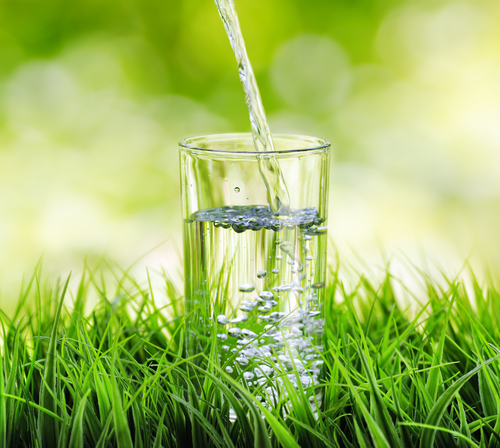
I really like reverse osmosis as the most practical way to have access to water at home. We have got a little system in our home that holds a couple gallons and it fills it after every day. We have good purified water available in the tap right there.
There are times when water that happens to contain naturally occurring minerals can give us minerals. So we can assimilate minerals from water but we do not lose minerals from water. The minerals from water, Magnesium can be of some use when you see still or sparkling water that contains it. Calcium not so much. Calcium from water is usually a type that does more bad calcium things then good calcium things. What I mean by that is that it is more apt to form plaque and calcification then it is to form mineralization or healthy bones. So you really do not want that type anyways. You know the best general rule is that minerals should come from your diet or supplements and water should be the best source of your water. So you want purified water.
Tap water is a concern. You know even in the better areas you do hear rates about certain infections, certain pesticides, certain contaminates. You know it is a wonderful thing that we do not get major danger from our tap water but it is not ideal. You do want it purified in some ways.
In terms of quantity, the rule of thumb is about an ounce, per pound of body weight, per day. I will save you some math. That is about 3 quarts for most of us. If you are not very thirsty you might be dehydrated. If you are behind on your bodies fluid even by a few % your bodies thirst mechanisms do not work. Wow, that was bad. If you are behind on your bodies fluid even by a few % your thirst mechanism will not work properly. Is that crazy or what? So if you get yourself hydrated you might feel thirstier. If you do not have a strong taste for water already do at least 3 quarts a day for two weeks and see how you come out afterwards. You will probably want it more.
The other question is, what do you do about hydration while you are being active. Do you just pound water as fast as you can or only when you need it. This is a tricky one. You can not really rely upon thirst or aggressive hydration to safely help especially if you are doing prolonged things outdoors. Totally tragic but whenever we hear about a fatality at a marathon or an iron type of event the person almost universally became Hypopetrimic. They had low sodium in their blood. Which means they over hydrated. Usually, they just took in too much water relative to their electrolytes and they diluted that too badly. How does that happen?
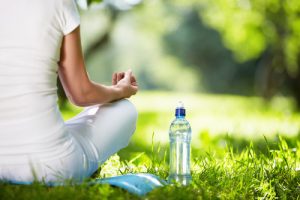
Well, when we are active we can consume fluid but we may not assimilate it. It might sit in our stomach or our intestinal tract and we may not be able to bring all of it to our bloodstream right away. So that’s how we can over hydrate. We make this big thing like a swimming pool in our intestinal tract and that can draw electrolytes into it. That can leach electrolytes into that container when we are over hydrating. This can happen because of hard breathing. Our mouth feels dry as we take in quite a bit. Also, the physical activity pulls more blood away from our intestinal tract. So we are not very active in our intestines when we are running harder or being active. It also can occur because we are stressed or we are nervous, we are trying really hard to do something that we think will help us and we may get too much. You can also get too little of course.
If too little your performance goes down. Just even being active or exercising you will enjoy it less. You will also recover from it poorly if you under-hydrate. So how much is enough. This is pretty crazy but the range is extremely narrow.
If you are big guy carrying a pack, on a hot day, up Pikes Peak you may be able to assimilate about 26 to 28 ounces of water per hour. If you are a petite woman doing gentle activities on a cool day and it’s humid somewhere you may be able to assimilate only about 20 ounces per hour. So it’s not that big of a range. You know most of the bigger water bottles are about 24 ounces. Yeah, 24 ounces. So a good size water bottle per hour. That is a real good gauge. I love the Camelbacks and the water packs when I am out doing longer events and most of those can do fine for two or three hours worth of hydration. Some even do a little bit more. So around 24 ounces and hour is a really good gauge. Not too much more and not too much less.
You will also hear about cold being bad and you will want to take in warm water. There is no hard evidence behind that. I think there is some idea about a puritanical idea about good things being bad for you. Most of us really prefer cold water when we are being active and it assimilates just fine. The ice is not harmful or bad for us in any way. In most cases, by enjoying it more we will consume it more readily.
So make sure your water intake is great. Your health will be better for it. Especially your intestinal tract and your movement. Your enjoyment of activity will go way up. Get a good reverse osmosis system in your home. That is the easiest thing. Check out some of the rental packages too. In our area, we have a rental system that ends up being less cost then just buying the filters does. They take care of the filters and manage the whole thing and we love it.
So get RO ( reverse osmosis) in your home. Hydrate really well and thrive and enjoy yourself. We will talk real soon. Bye Bye.

P.S. Whenever you are ready, here is how I can help you now:
- Schedule a Thyroid Second Opinion with me, Dr. C, Click Here for Details
- Need help to choose supplements? Click ‘Help Me Decide Here'
- Get my top books Here
Dr. Alan Glen Christianson (Dr. C) is a Naturopathic Endocrinologist and the author of The NY Times bestselling Hormone Healing Cookbook, The Metabolism Reset Diet, and The Thyroid Reset Diet.
Dr. C’s gift for figuring out what works has helped hundreds of thousands reverse thyroid disease, heal their adrenals, and lose weight naturally. Learn more about the surprising story that started his quest.




